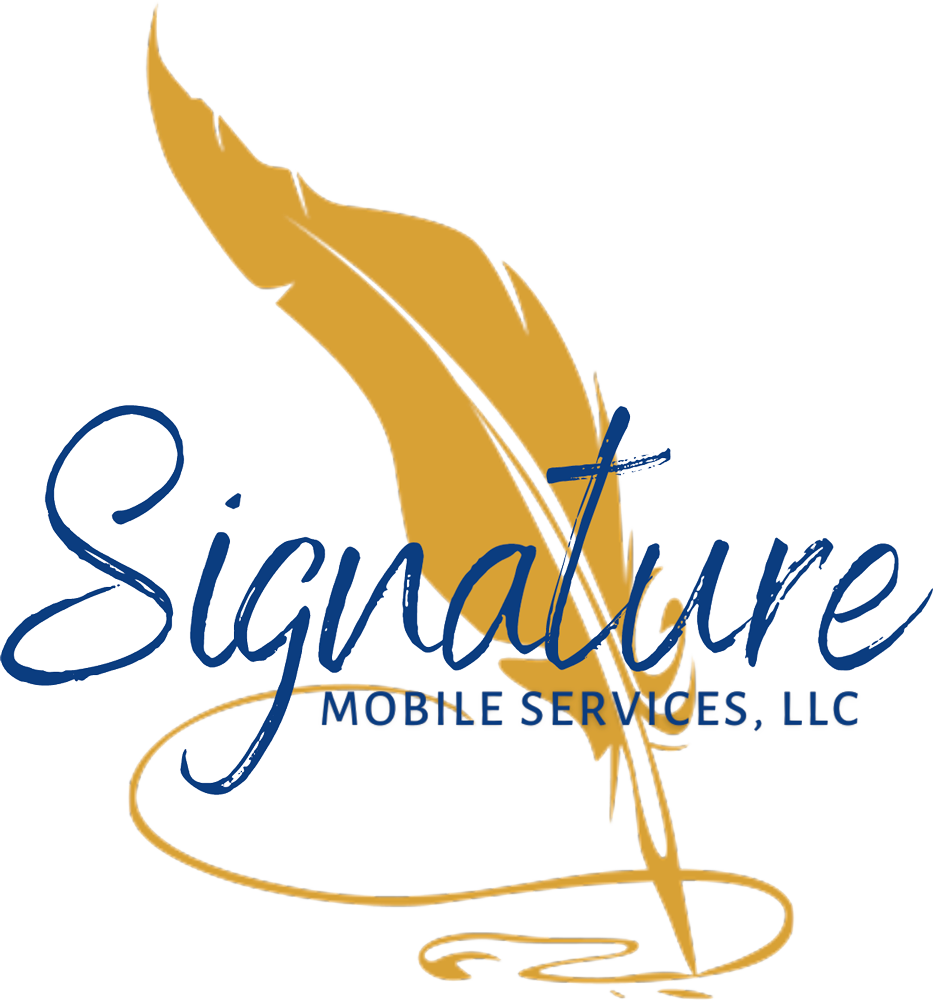
Notaries and the Era of COVID
B.C. (before COVID) the notary process was simple: in person, sign and stamp, go over some legalities. Simply put, the point of needing a document notarized was to physically see the person and their government issued ID card to verify their identity before moving forward. But in the age of COVID and social distancing, this process has become a little out dated. So as things like school and meetings moved online, so did notary services.
Remote Online Notarization (R.O.N.)
Remote Online Notarization is exactly what it sounds like, a digital meeting to notarize documents. There are multiple platforms to preform RON’s on, most RON-approved service providers will guide you step by step to meet your state requirements to perform online notarization. But, there are a few steps you as the notary need to take to make sure your remote services are successful.
#1 Fast and Reliable Internet Connection
Remote Online Notary laws require the Notary to be able to see, hear, and communicate with the client clearly during the entire notary session. This means that your connection cannot lag or be too pixelated. For the RON to be valid your connection must provide you with clear video and sound, fast internet connection is necessary for you to succeed here.
#2 Digital Notary Seal
Your digital notary seal must be X.509 compliant, if you go through a RON service they will provide you with a list of complaint third party services for you to choose from. The digital certificate provides evidence to the receiving parties that the notarized document has not been altered or changed since it was signed, which is a requirement for a lawful online notarization.
#3 Audio/Visual Communication Technology
RON compliant services should preform all of the tasks legally required by your state. At minimum, your service should provide:
-a recording of the audio-visual communication session, and an archive to hold that session in so that you can return to review it at any time.
-high quality audio-visual resolution, to enable the remote online notary and the principal to see and communicate with each other simultaneously through live, real-time transmission
-security measures to prevent unauthorized access to your live sessions and archives
#4 Credential Analysis and Identity Proofing Tools
RON laws require signers to go through a three step identification process to successfully identify the signer:
-Identity proofing of the signer
-Credential analysis
-Remote presentation of the signer’s identity
#5 E-Notary Journal
RON compliant services will provide you with a secure electronic journal to record your remote notarial acts. This works similarly to your physical notary journal, but of course is electronic and online service specific.
#6 Back-up and Storage
All e-journal entries and audio-visual recordings must be archived according to your state notary laws. Depending on your state, you are usually required to retain your archives for 5-10 years. Your remote online service provider will provide you with backup support for your online notarial acts.
Signature Mobile Services
Popular Articles
Newsletter
-

I was in a bind and needed a notary quick and Jakesha provided a seamless ordering process and had me a notary within the hour.
-

They have helped my clients as well as myself, personally, on several closings...
-

When Signature is involved, I know we are all in good hands.
Services
© Signature Mobile Services. All rights reserved.







